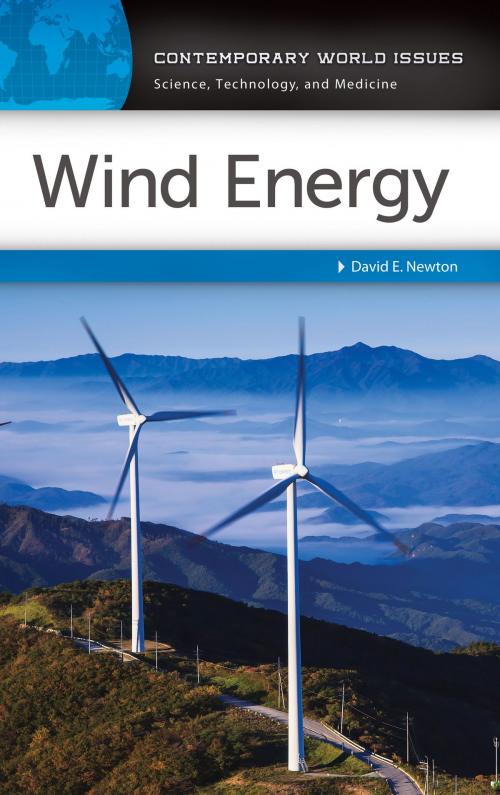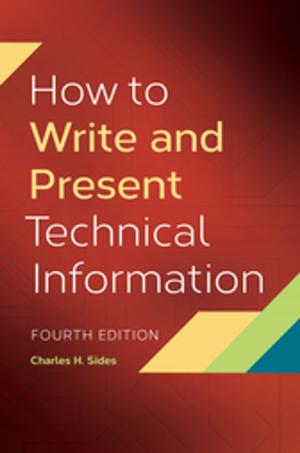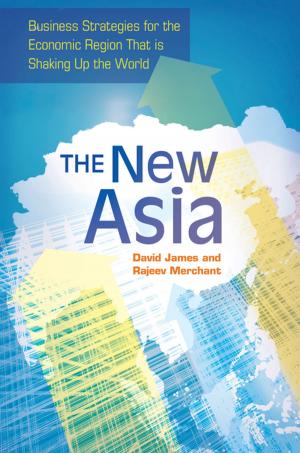| Author: | David E. Newton Ph.D. | ISBN: | 9781610696906 |
| Publisher: | ABC-CLIO | Publication: | November 25, 2014 |
| Imprint: | Language: | English |
| Author: | David E. Newton Ph.D. |
| ISBN: | 9781610696906 |
| Publisher: | ABC-CLIO |
| Publication: | November 25, 2014 |
| Imprint: | |
| Language: | English |
The use of wind power for the generation of electricity holds vast potential for solving the world's energy problems, but numerous technical and social issues must be addressed before that potential can be realized. This handbook will both educate students about current issues related to wind energy and introduce the ways in which mankind has harnessed the wind through the ages. The book covers topics as diverse as early windmills in Europe, the United States, China, and the Middle East; the development of wind farms for electricity generation; and political factors involved in the development of wind energy today. Conventional wind turbine mechanics are explained, as are the technical improvements that drive modern wind turbines and other wind systems.
What makes the handbook unique is that it combines hard science with perspective pieces that address topics such as potential environmental damage that can result from modern wind technology, and how recent developments in wind turbine technology hold the promise for considerably reducing the cost of this alternate energy source, making it competitive with conventional fossil fuels. Readers will be engaged by extensive discussion of the economic, political, and ethical issues raised by the expanding use of wind energy in the United States and elsewhere, and they will be intrigued by a look at what wind power can mean to the planet's energy future.
The use of wind power for the generation of electricity holds vast potential for solving the world's energy problems, but numerous technical and social issues must be addressed before that potential can be realized. This handbook will both educate students about current issues related to wind energy and introduce the ways in which mankind has harnessed the wind through the ages. The book covers topics as diverse as early windmills in Europe, the United States, China, and the Middle East; the development of wind farms for electricity generation; and political factors involved in the development of wind energy today. Conventional wind turbine mechanics are explained, as are the technical improvements that drive modern wind turbines and other wind systems.
What makes the handbook unique is that it combines hard science with perspective pieces that address topics such as potential environmental damage that can result from modern wind technology, and how recent developments in wind turbine technology hold the promise for considerably reducing the cost of this alternate energy source, making it competitive with conventional fossil fuels. Readers will be engaged by extensive discussion of the economic, political, and ethical issues raised by the expanding use of wind energy in the United States and elsewhere, and they will be intrigued by a look at what wind power can mean to the planet's energy future.



![Cover of the book The American Middle Class: An Economic Encyclopedia of Progress and Poverty [2 volumes] by David E. Newton Ph.D.](https://www.kuoky.com/images/2017/may/300x300/9781610697583-Uktq_300x.jpg)










![Cover of the book Women and Management: Global Issues and Promising Solutions [2 volumes] by David E. Newton Ph.D.](https://www.kuoky.com/images/2013/february/300x300/9780313399428-071g_300x.jpg)
